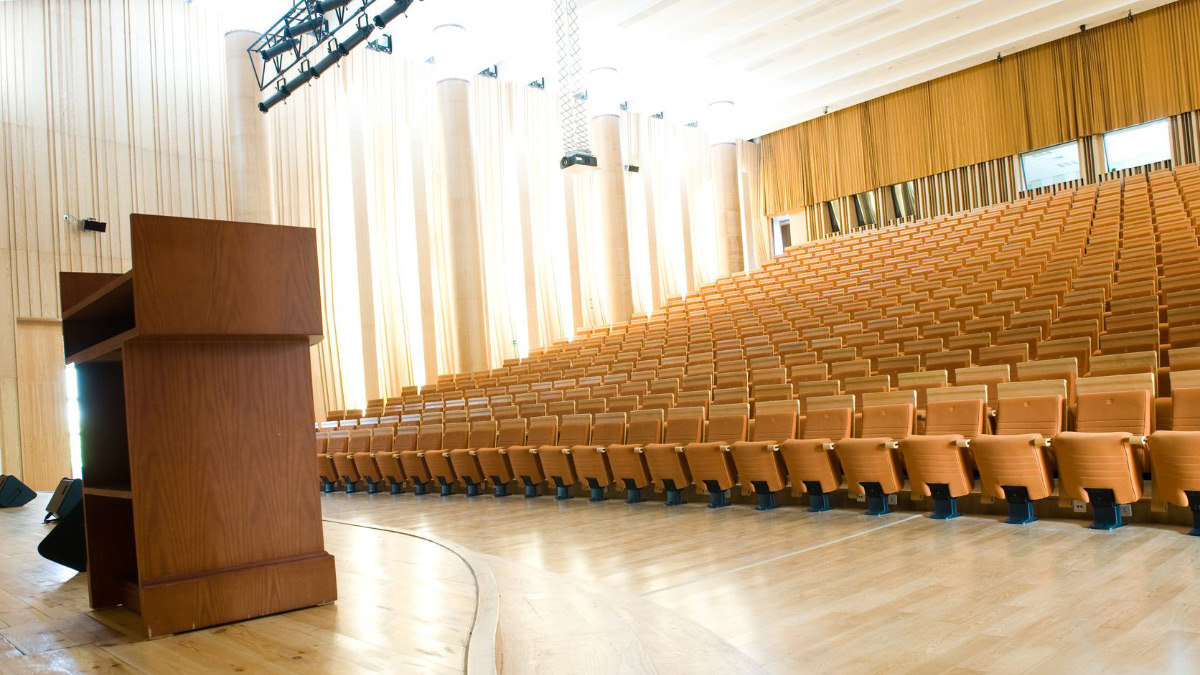One reason college is so costly and so little real learning occurs is that collegiate resources are vastly underused. Students don’t study much, professors teach little, few people read most of the obscure papers the professors write, and even the buildings are empty most of the time.
The New York Federal Reserve says more than 40% of recent college graduates are “underemployed,” but many already are while in school. Surveys of student work habits find that the average amount of time spent in class and otherwise studying is about 27 hours a week. The typical student takes classes only 32 weeks a year, so he spends fewer than 900 hours annually on academics—less time than a typical eighth-grader, and perhaps half the time their parents work to help finance college.
It wasn’t always this way. As economists Philip Babcock and Mindy Marks have demonstrated, students in the middle of the 20th century spent nearly 50% more time—around 40 hours weekly—studying. They now lack incentives to work very hard, since the average grade today—a B or B-plus—is much higher than in 1960 when the average grade-point average of around 2.5 implied a typical grade of B-minus or C-plus.
I’m part of the problem: I’ve been teaching for 55 years, and I assign far less reading, demand less writing, and give higher grades than I did two generations ago.
Learning takes time, so the diminution of effort surely means students are learning less. Snippets of data confirm that suspicion. Sociologists Richard Arum and Josipa Roksa have demonstrated, using the Collegiate Learning Assessment, that the typical college senior has only marginally better critical reasoning and writing skills than a freshman. Federal Adult Literacy Survey data, admittedly somewhat outdated, shows declining literacy among college grads in the late 20th and early 21st centuries. A civic literacy test administered by the Intercollegiate Studies Institute shows appalling gaps in knowledge, with seniors knowing very little more than freshmen. Only 24% of graduates know that the First Amendment prohibits the establishment of an official church.
As for the faculty, the Education Department doesn’t publish annual data on teaching loads, but some hard data plus considerable anecdotal evidence suggests the typical professor is in class around one-third fewer hours than his 1965 counterpart. At my mid-quality state university (Ohio University), I taught three courses a week for nine hours in 1965; my colleagues today teach only two courses for six hours. At some top-flight research universities, senior professors may teach only one course.
The excuse is that professors today are publishing more research. True, but why? Mark Bauerlein at Emory has documented that in English (literary criticism), the volume of research is immense—but little of it is often cited or even read. Why should professors reduce their teaching loads to write papers for the Journal of Last Resort? Diminishing returns have long since set in.
The litany of underused resources goes on. In 1970 at a typical university there were perhaps two professors for each administrator. Today, there are usually more nonteaching administrators than professors. Even the buildings don’t work very hard. Most classrooms and faculty offices are deserted in June, July and August, and often for much of May and December. Even in peak academic months, classrooms are typically seldom used in late afternoons and often not on Fridays.
To be sure, there are many exceptions. On some campuses, students study much more. Engineering majors probably work much harder than communications or gender-studies majors. And there are professors who are in their offices more than a few hours a week. Students in law and medical schools often work very long hours. Many hard-science researchers spend much time in their labs.
Still, Time Use Survey data from the Labor Department suggest that students spend more time on recreation and partying than on academics, and most professors are not often found during daytime hours in the office, classroom, laboratory or the library. Where are they? What are they doing? Why can’t students and faculty show the same work ethic that made our market-disciplined nation the wealthiest place in history?













